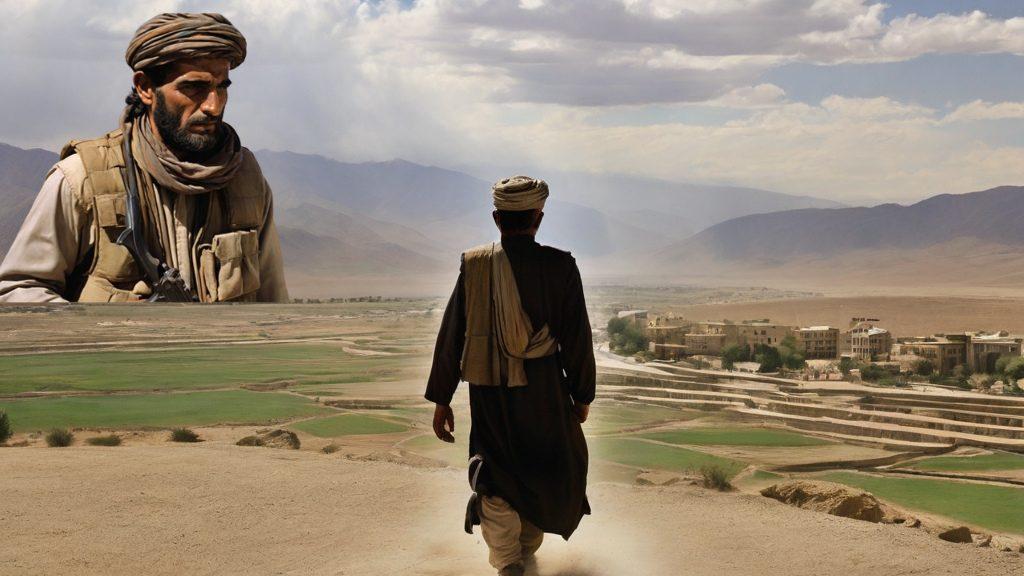A new report from the World Bank says Afghanistan’s economy is in big trouble. The report says that Afghanistan’s economy is getting worse. It’s bad news for the people.
Last year’s cataclysmic blow to Afghanistan’s gross domestic product (GDP), plummeting by a staggering 26%, has sent shockwaves rippling through the nation’s economic foundation. This precipitous drop not only signifies a severe setback but also casts a dark shadow over the prospects of economic stability for Afghanistan, leaving its future hanging in uncertainty.
The repercussions of this economic freefall have been acutely felt, especially by the backbone of Afghanistan’s agrarian society—the farmers. With a draconian ban on drug production choking off a vital stream of income, these hardworking individuals collectively witnessed a staggering loss of $1.3 billion, amplifying the anguish of an already beleaguered populace.
But the woes of Afghanistan’s economy extend beyond its borders, as exports to neighboring Pakistan dwindle by 15%, exacerbating an already dire situation. The structural frailties within the private sector, coupled with a dearth of international assistance, pose formidable barriers to the nation’s economic resurgence, as underscored by the World Bank’s report.
Sakhi Ahmad Payman, Deputy of the Chamber of Industries and Mines, echoes the sentiment of despair, attributing the economic downturn to a cocktail of factors ranging from international isolation to internal instability post-Taliban resurgence.
The Taliban’s stranglehold on power has proven to be the final nail in the coffin for Afghanistan’s economic aspirations. With the freezing of central bank assets rendering access to international banking and foreign exchange reserves null and void, the nation finds itself ensnared in a vicious cycle of economic paralysis.
Looking towards the horizon offers little solace, with the World Bank projecting a protracted spell of economic despondency until 2025—a grim forecast that looms large over Afghanistan’s prospects for recovery.
Analysts dissecting the turmoil point to the Taliban’s tacit endorsement of terrorist outfits as a prime catalyst for Afghanistan’s economic unraveling. The surge in terrorist activities following the regime’s resurgence, with groups like ISIS-K and TTP capitalizing on this newfound support, further compounds the nation’s woes, plunging it deeper into the abyss of instability.
In the face of mounting evidence, experts issue a clarion call, cautioning against the Taliban’s diversion of resources towards fostering terrorism, a perilous gambit that not only jeopardizes the welfare of Afghanistan’s populace but also threatens to destabilize the entire region.
The revelation of Afghanistan’s dire economic crisis underscores the urgent need for international intervention and support to prevent further destabilization of the region. The precipitous decline in GDP, coupled with significant setbacks across key economic indicators, paints a bleak future for Afghanistan’s populace. The Taliban’s ascendancy to power and their tacit endorsement of terrorism exacerbate the nation’s economic woes, posing a grave threat to regional security and stability.


